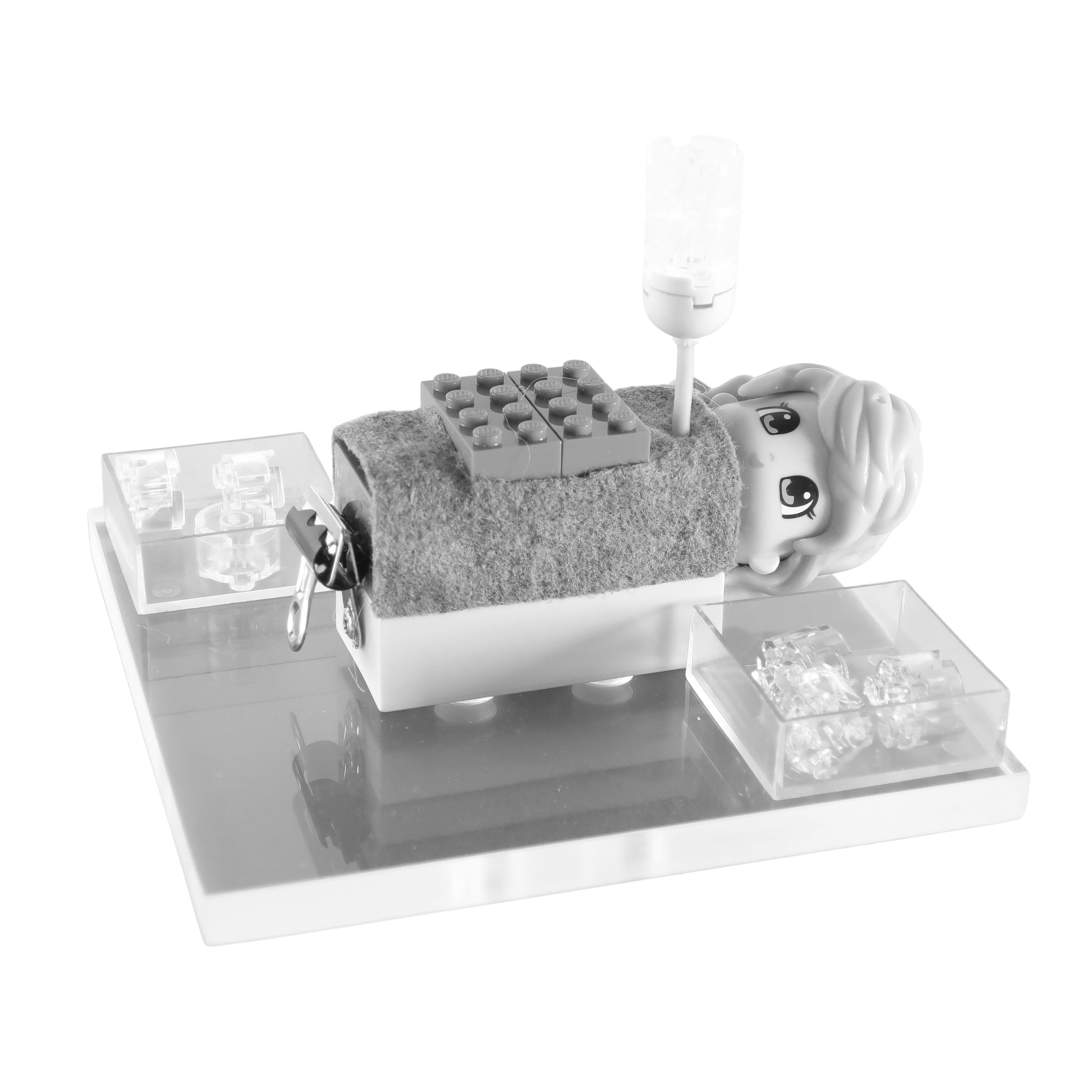WHY WE NEED THIS SIMULATION
Lean Healthcare is the dynamics which explains continuous improvement in a hospital environment.
The game simulates a complete process of surgery without hospitalisation through which patients with different pathologies must pass through different services: surgery, recovery, hospital ward and the administrative services of admissions. The application of different continuous improvement methodologies improves the results in each of the phases.
PRECIO: 800 EUR + IVA
WHAT ALLOWS US TO TRANSMIT
Robust processes and patient safety
Throughout the 20th century, hospitals became the main point of reference for the treatment of illnesses. The progress in medicine in general has been spectacular, generating new specialities and disciplines in a very short time. Unfortunately, this high degree of specialisation has generated a series of undesired effects that have a negative impact on the patient's perception. Today, the process that patients experience during their treatment has become fragmented and depersonalised, leading to inefficiencies and errors. In this environment, Lean culture aims to reduce interruptions in flow and improve process efficiency, while increasing patient safety.
Identifying process flows. Observation of the process by tracing all aspects related to the patient and standardisation of the basic ones, in order to have repeatable processes.
Detecting inefficiencies and flow disruptions. Identify all activities that interrupt the workflow of materials, patients, information, personnel or equipment.
Designing and creating a process-oriented organization with all the necessary tools for the management of a multidisciplinary team.
Sequentially applying all the principles and tools needed to Stabilize the process (5s + Standard Work + Poka Yoke), Increase flexibility (Quick Changeover) and Synchronise operations (Kanban).
Systematic health personalisation: developing a patient-oriented culture.

The exercise shows the usual problems of synchronisation of the different services and their impact on the patient (saturations, errors, reprocessing...). The successive application of Lean techniques such as VSM, 5S, standard work, poka yoke and kanban improve the quality, productivity and efficiency of the whole process.
The game is played in 5-minute phases. Between each phase, the facilitator explains the tool or methodology to be applied. Its application in the game environment allows to practice and visualize the results. The simulation is designed for groups of at least 6 participants. In larger groups, some of the participants can act as observers, identifying inefficiencies during the development phases of the game.
The game helps everyone involved to be part of the solution
METHODOLOGY STEP BY STEP
The development of a phased training is revealing and instructive because it helps to generate knowledge in each of the phases, as participants identify the effects of every change introduced with respect to the previous phase. The Apex Mindset games are structured as follows:
1 Introduction
Definition at the beginning of each phase of the challenge and the scope of the problem faced by the team
2 Training
Explanation of the theoretical contents to be applied to solve the problem posed by the game
3 Application
Development of the game phase, applying the concepts explained in the training
4 Learning
Review of the results and assessment of the contribution of each of the concepts introduced. Moving on to the next phase

1. Introduction
2. Training

3. Application
4. Learning
PRECIO: 800 EUR + IVA
The game helps everyone involved to be part of the solution
The trainer should be an expert in facilitating games and simulations with experience in leading improvement teams.
Game to be played in a large room so that players and observers can share and participate in the experience.
The game is designed to take between 2 and 4 hours, depending on the content of the training.
All in one box: what you need for the facilitation and development of the game is all included inside the product box.
